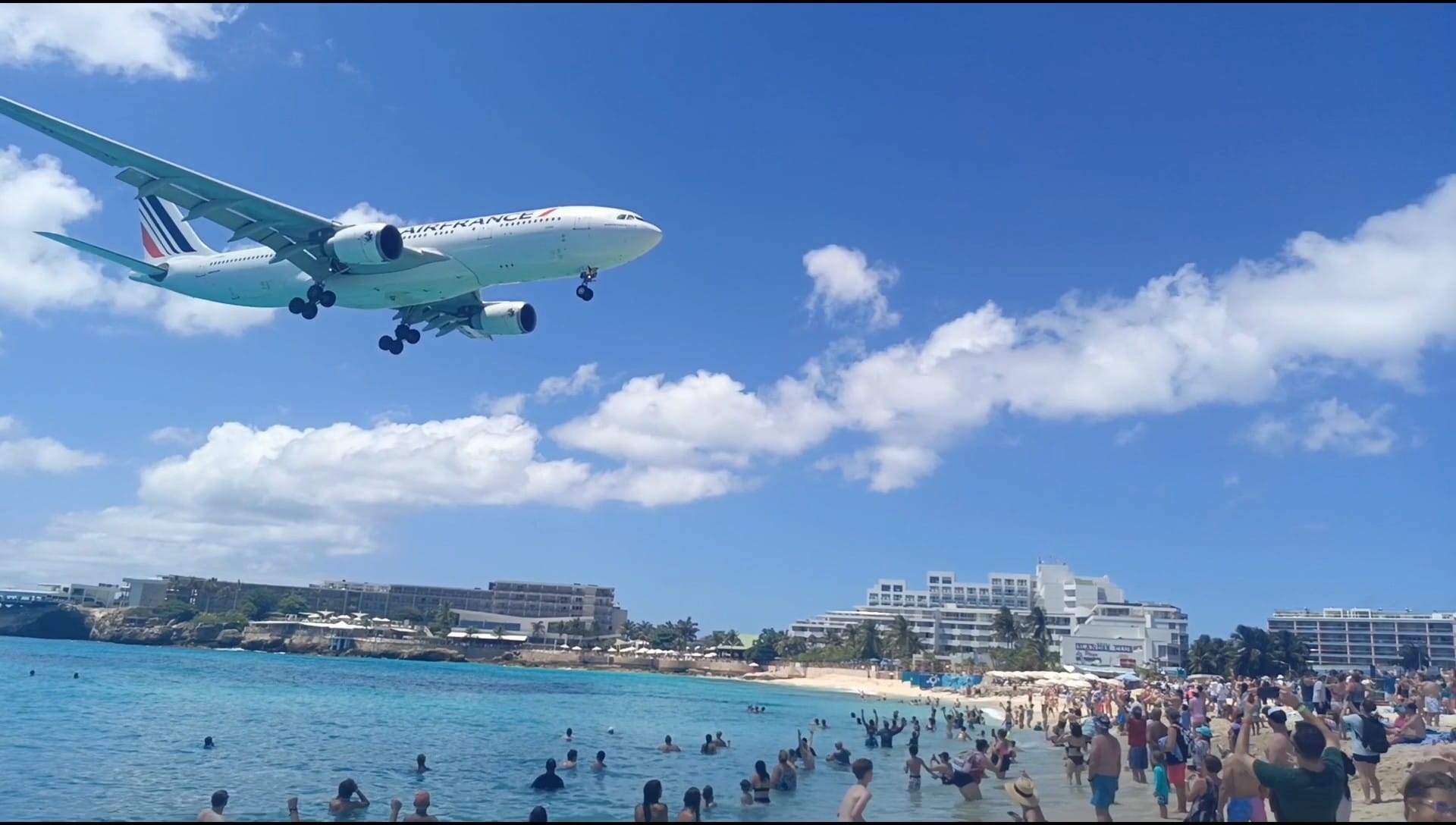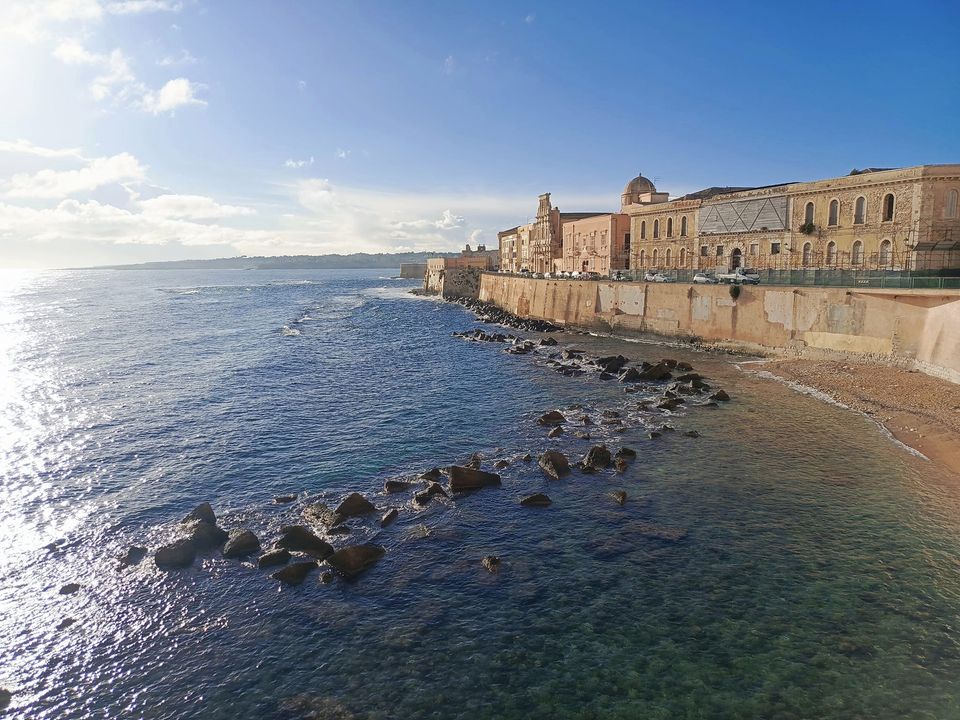I’ll admit, I have not always been a responsible traveler and have made some bad decisions when traveling. I have ridden camels, swum with dolphins, played with baby lions and been on cruises. I have flown when I could have taken a train and I have haggled with shopkeepers over $1 and then happily went and spent 10x that on a night out. I despise buying and carrying around souvenirs so am not a big support of local handicrafts. But I am trying to be a better traveler and it is a work in progress. I have been traveling for the past 25 years and old habits die hard and my budget is consistently tight.
In saying that, I have also found a number of things over the years that are good for the places and people that you travel to and also easy on your budget. Here are a few simple tips that you can do to become a more responsible traveler.
- Take as much public transportation as possible. While it is “easy” to hop in a cab when you arrive at a new destination, remember that every taxi that you take is another car on the road and fuel emissions in the air. Public transport may take a little longer and it may be a bit more difficult with luggage but it will save you a ton of $$ and there is no introduction to a city more grounding than being squashed on a bus with your backpack on your lap.
- Stay in locally-owned hostels and guest houses. Rather than staying at an international chain hotel, try and stay in a locally-owned property. 100% of the profits stay in the community that you are visiting.
- Use local travel agents and support locally-owned travel businesses. While it is tempting to book a trip with well-known tour operators like G Adventures and Intrepid Travel, see if there are alternative tour companies that are highly rated. Also, try to book direct as much as possible. Websites like Get Your Guide and Tripadvisor charge upwards of 25 – 30% commission which means that the local company has much lower profit margins and needs to get A LOT more bookings to make the same amount of money. These websites are awesome for getting ideas of what to do in a destination and Tripadvisor is a great way to read about other people’s experiences with certain companies. Taking the extra step to find the local operators’ website and making a booking direct can make a tremendous positive impact.
- Try to avoid animal activities IF the animals are being exploited or abused. Some travelers opt to avoid anything involving animals which is commendable. However, keep in mind that these animals are alive because they bring income to the owners. If they are not bringing in income and are costing the locals money to feed and shelter, the alternative for them isn’t great. A camel or a goat that costs more to keep alive than it may be off to the slaughter-house for them. In addition, if you eat meat you are currently contributing to way more animal abuse than a vegetarian riding a camel through the desert. Why is the life of a dolphin or an elephant worth more than the life of the cow, chicken or pig that you happily just stuffed in your mouth? Always, always try and find reputable companies for any activities that involve animals but also try and think about the bigger issues regarding animal rights.
- Buy local. Everyone knows that you should buy local produce and support small businesses when you can. There is so much more that you can do. Instead of checking a suitcase with bottles of shampoo and body wash, why not buy products when you get to your destination? I currently live in India and swear by Himalayan and Biotique products. They are a fraction of the cost of their American or European equivalent, amazing quality and you get a little souvenir to take home to remember your trip by! I also love buying sustainable beauty products. In Ladakh, I just scored a bottle of apricot oil for around $1.50. So far, I have basically smothered my hair and skin with it and am currently obsessed with it. Plus, I supported a local business buying something that I would have bought (and actually used) anyways.
- Drink local. Rather than relying on Heineken or Budweiser to relax after a long day of traveling, why not indulge in local beers? They are usually much better than international brands and easier on your body since they generally don’t need to be transported long distances (yah! Fewer chemicals = less of a hangover = win/win!)
- Use as little plastic as possible and re-use whatever you can. I have travelled extensively through the developing world and I have seen the huge amount of plastic that line the roads, fill the parks and are devastating for the environment. In saying that, it is not always easy to find safe drinking water or avoid using plastic. If you must buy bottles of water, please try and re-use the bottle as many times as possible. Don’t leave half-drunk water bottles behind because the water isn’t cold or you don’t feel like carrying it (my sister is notoriously bad at this and it makes me want to cry). Carry around an empty bottle until you find a place to refill it rather than dumping it in the trash. If you have carry-on sized containers of shampoo, save them and refill them too. If you buy products sold in plastic bottles, try and choose one that you can use over and over again. I currently have an old mini shampoo bottle that I bought 4 years ago and keep refilling. I wash out Ziploc bags that once held food and use them for my toiletries.
- Don’t leave tissues or toilet paper behind! This should go without saying but unfortunately, I have seen mounds of toilet paper left behind at heavily used outdoor toilet stops on six continents. If you are too much of a princess to drip dry or do the after-peeing shimmy and must use toilet paper, take it out with you and throw it into a trash can. Do not leave it behind. It takes a long time to dissolve and nothing is more disgusting of a reminder of our ecological footprint than seeing someone’s used toilet paper in the woods.
- Stay in dorm rooms. This may not be everyone’s cup of tea but staying in dorm rooms is a good way to reduce your energy costs. Rather than heating or cooling a room with 1 or 2 people in it, you are using the same amount of energy to cool a room for 8 people. Dorm rooms are also an awesome way to meet other travelers!
- Limit your waste. While it is great that people are making conscious decision to use less plastic, it is also important to think about the waste that you are producing. Feminine hygiene products are a good example of how you can make conscious decisions. Pads (unless they are biodegradable, which most aren’t) produce a tremendous amount of garbage. If possible, use tampons or even better, use a menstrual cup. This produces zero waste and you can take comfort in knowing that your monthly period won’t produce waste that lasts for years.




